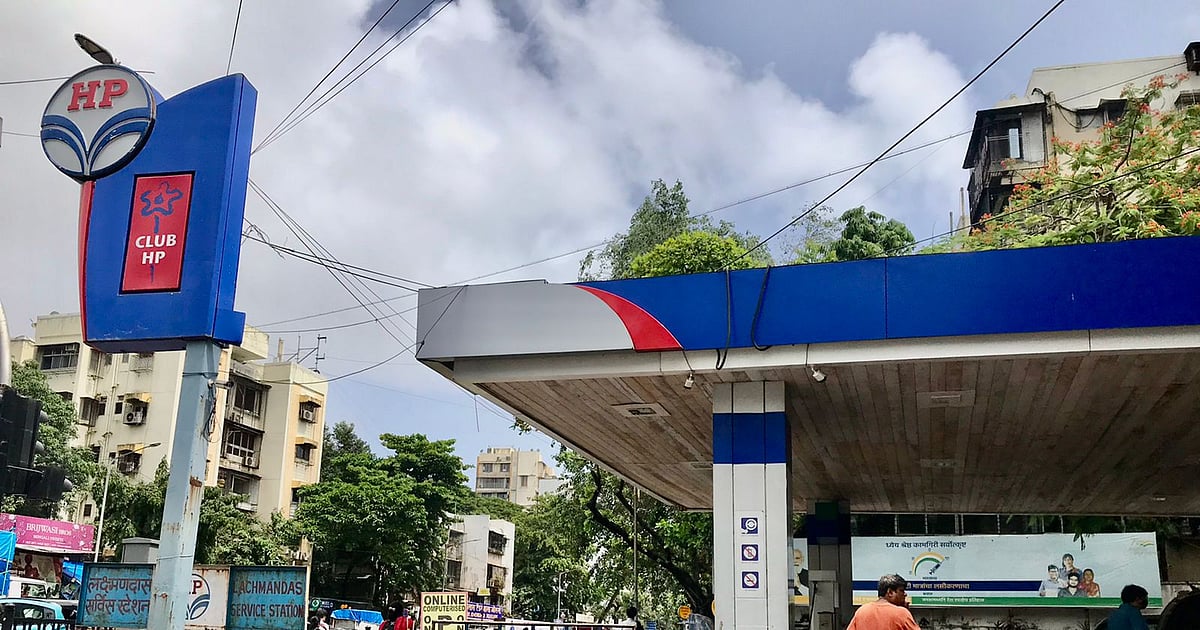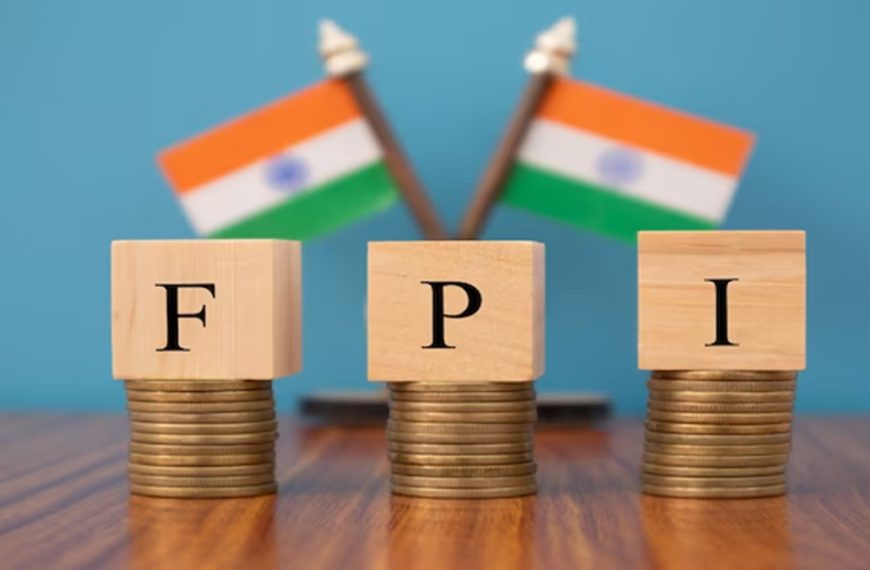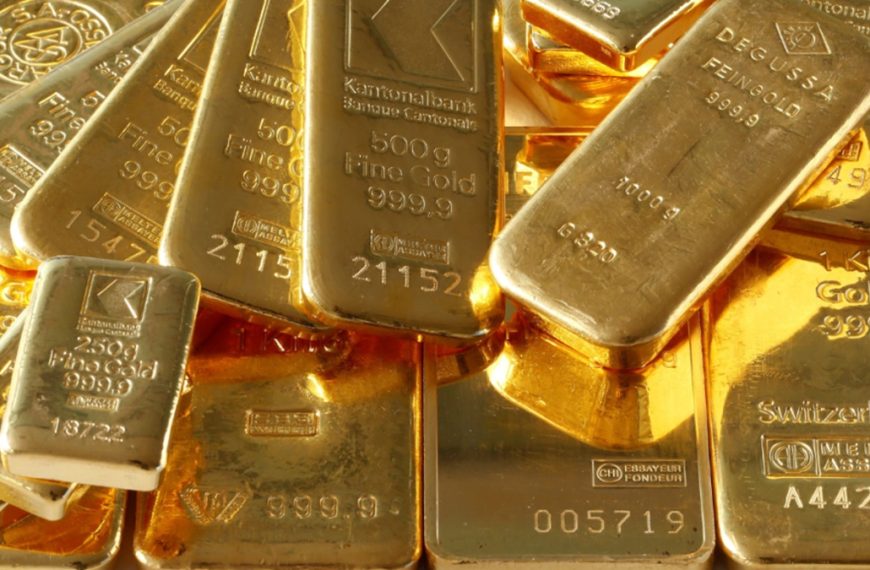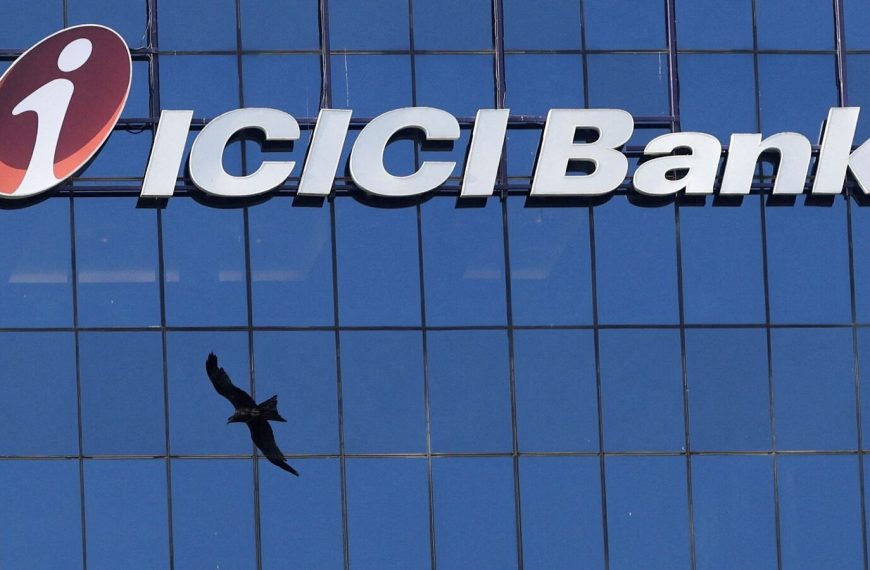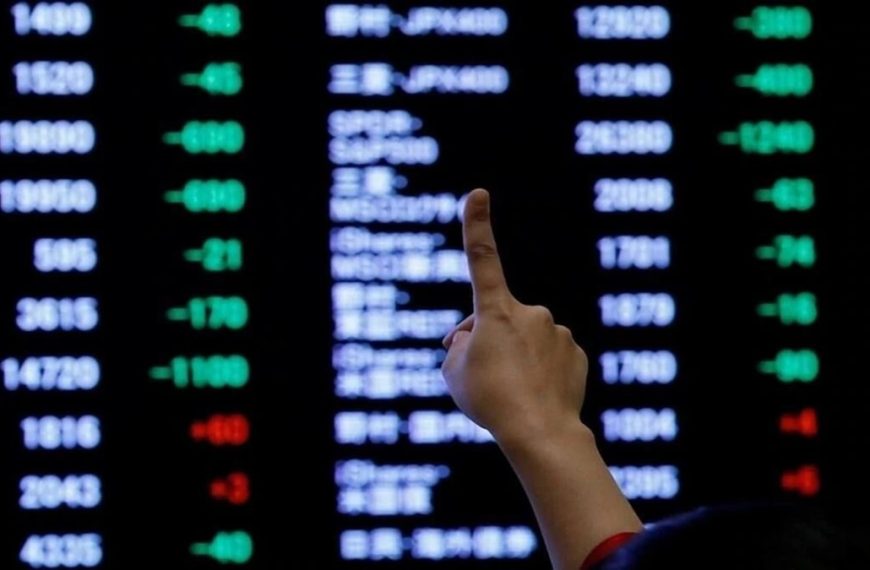On Monday, the Indian government announced an increase in excise duty on petrol and diesel by Rs 2 per litre each, as detailed in a recent gazette notification. This adjustment, effective immediately from Tuesday, has sparked discussions in the financial community regarding its implications for oil marketing companies (OMCs). Despite this hike, analysts are optimistic, suggesting that the current market conditions provide a strong foundation for these companies.
Positive Outlook for Oil Marketing Companies
Brokerage firms like Morgan Stanley and Emkay Global have highlighted that the robust margins and declining crude oil prices create a favorable environment for OMCs. They believe that the latest excise duty increase will not negatively impact fuel demand, especially since retail prices will remain stable at the pump.
- Morgan Stanley noted that the excise duty rise, coupled with a recent increase in cooking gas prices, presents a bullish scenario for OMCs. The firm emphasized that these companies are well-positioned globally within an adequately supplied oil market.
- Emkay Global echoed these sentiments, asserting that OMCs are currently experiencing marketing margins that exceed historical averages.
Government Assurance on Fuel Prices
In a reassuring statement, the Ministry of Petroleum and Natural Gas confirmed that consumers will not face any increase in retail fuel prices following the excise duty adjustment. They communicated via social media platform X that public sector oil marketing firms have committed to maintaining current prices for petrol and diesel.
Analyst Recommendations and Market Insights
Morgan Stanley and Emkay have both reiterated positive ratings for key players in the oil sector:
- Morgan Stanley continues to favor Hindustan Petroleum Corp. Ltd., viewing it as a significant investment opportunity. They believe this excise duty adjustment and the cooking gas price hike will help stabilize retail prices while addressing previous financial imbalances.
- Emkay projects that with Brent crude prices hovering around $65 per barrel, OMCs can absorb the recent excise increase comfortably. They estimate that gross marketing margins are currently between Rs 15 to 17 per litre, substantially higher than the normative levels of Rs 4 to 5 per litre. This surplus could result in over Rs 1 trillion in recoveries by the fiscal year ending March 2026, effectively countering projected LPG losses of under Rs 400 billion.
Future Market Considerations
Emkay’s analysis suggests that the comfort level for marketing margins could persist even if Brent crude prices rise to $75 per barrel. However, any increase beyond that threshold may start exerting pressure on earnings. They also pointed out potential gains in refining margins, driven by lower pricing from Middle Eastern suppliers and improved conditions for Russian crude.
For companies involved in city gas distribution, this excise duty increase is seen as beneficial, as the economics of compressed natural gas remain protected. Among the listed city gas distributors, Emkay prefers Mahanagar Gas Ltd. over Indraprastha Gas Ltd., citing better margin prospects.
In conclusion, while the government’s hike in excise duty on petrol and diesel raises some eyebrows, the overall sentiment from financial analysts remains positive, indicating that OMCs are well-prepared to navigate this change.

